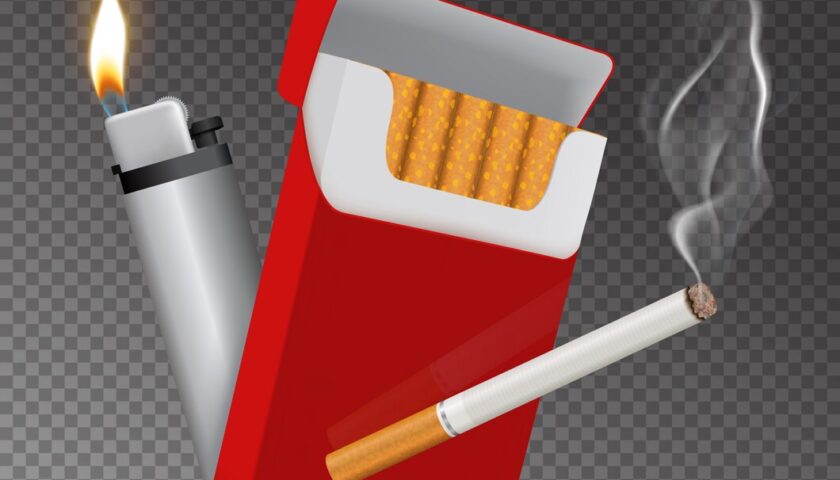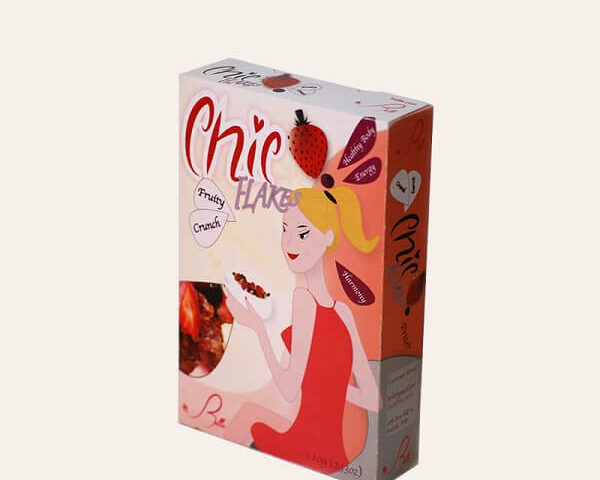When it comes to custom packaging, custom rigid boxes have gained significant popularity due to their durability, aesthetic appeal, and versatility. These boxes are widely used for high-end products, luxury items, and gifts. To create custom rigid boxes that meet the specific requirements of a brand or product, it’s essential to choose the right materials. In this article, we will explore the various materials used to make custom rigid boxes and discuss their characteristics, benefits, and applications.
Paperboard
Paperboard is a commonly used material for custom rigid boxes. It is a heavyweight paper product with a thickness ranging from 0.3mm to 2mm. Paperboard is a cost-effective option for custom rigid boxes and offers a smooth surface for printing and branding. It can be coated, laminated, or embossed to enhance its visual appeal. This material is eco-friendly and can be recycled, making it a sustainable choice for packaging.
Applications: Paperboard custom rigid boxes are often used for cosmetic packaging, electronics, food items, and gift packaging.
Chipboard
Chipboard is a thicker and more rigid material than paperboard. It is made from compressed paper pulp and is known for its sturdiness. Chipboard custom rigid boxes provide excellent protection for fragile items and are ideal for products that require extra durability. They can be customized with various finishes and coatings to achieve a premium look.
Applications: Chipboard custom rigid boxes are commonly used for jewelry, luxury clothing, watches, and premium chocolates.
Corrugated Board
Corrugated board is another popular material choice for custom rigid boxes, known for its strength and resilience. It consists of a fluted layer sandwiched between two flat linerboards. Corrugated custom rigid boxes are exceptionally durable and provide excellent protection against impact and moisture. They are often used for shipping and transportation purposes.
Applications: Corrugated custom rigid boxes are widely used for shipping electronics, appliances, furniture, and perishable goods.
Wood
Wood is a premium material option for custom rigid boxes, adding a touch of elegance and sophistication to packaging. Wooden custom rigid boxes can be crafted from various wood types, such as pine, oak, or maple, and can be stained, painted, or engraved to create a unique look. They are highly customizable and offer a luxurious feel.
Applications: Wooden custom rigid boxes are often chosen for wine packaging, high-end spirits, luxury gifts, and collectible items.
Plastic
Plastic custom rigid boxes are a versatile option, offering transparency and a modern aesthetic. They can be made from various plastic materials, including PVC, PET, and PP. Plastic custom rigid boxes are not only visually appealing but also provide excellent protection against moisture and dust. They can be molded into various shapes and sizes.
Applications: Plastic custom rigid boxes are commonly used for retail packaging of cosmetics, electronics, toys, and stationery items.
Fabric
Fabric-wrapped custom rigid boxes are a unique and luxurious packaging option. These boxes are constructed using rigid boards covered with high-quality fabric materials like silk, satin, or velvet. Fabric-wrapped custom rigid boxes exude opulence and are often chosen for premium brands and luxury products.
Applications: Fabric-wrapped custom rigid boxes are popular for packaging high-end fashion items, jewelry, perfumes, and wedding gifts.
Leather
Leather custom rigid boxes offer a timeless and classic appearance. These boxes are crafted with genuine or synthetic leather and are often used for products that require a touch of sophistication. Leather custom rigid boxes can be embossed, debossed, or foil-stamped to showcase logos and branding.
Applications: Leather custom rigid boxes are favored for packaging luxury accessories, watches, and premium cigars.
Foam Inserts
While not the primary material for the outer box, foam inserts play a crucial role in custom rigid packaging. Foam inserts are used to secure and cushion products inside the box, ensuring they remain intact during shipping and handling. These inserts can be tailored to fit the shape and size of the product.
Applications: Foam inserts are used in various industries, including electronics, medical devices, and collectibles.
Factors to Consider When Choosing Materials for Custom Rigid Boxes:
Selecting the right material for your custom rigid boxes is a crucial decision that involves several factors. To ensure that your packaging not only looks great but also performs its intended function effectively, consider the following factors:
Product Type and Size
The type and size of the product you intend to package are significant determinants of the material choice. Fragile or delicate items may require more robust materials like chipboard or corrugated board to provide adequate protection during transit. Smaller items might benefit from paperboard or plastic custom rigid boxes, which offer a snug fit.
Brand Identity and Aesthetics
Your brand’s identity and the desired aesthetics of your packaging play a vital role in material selection. For a luxurious and high-end image, materials like wood, leather, or fabric-wrapped boards can help create a premium feel. On the other hand, if your brand focuses on eco-friendliness, paperboard or corrugated board with recycled content may align better with your values.
Printing and Customization Options
Consider how you want to customize your custom rigid boxes. Materials like paperboard and chipboard provide excellent surfaces for printing high-quality graphics, text, and branding elements. Plastic can be clear or colored and allows for creative packaging designs. Wood and leather, while elegant, may require special printing or branding techniques.
Durability and Protection
If your products need to withstand rough handling, shipping, or exposure to environmental factors, prioritize materials that offer durability and protection. Corrugated board and plastic are excellent choices for this purpose. They offer resistance to moisture, impact, and temperature changes.
Environmental Impact
Sustainability is a growing concern for consumers and businesses alike. Choosing eco-friendly materials for your custom rigid boxes can enhance your brand’s image and reduce its environmental footprint. Look for materials that are recyclable or made from recycled content, and consider using minimal packaging to reduce waste.
Cost Considerations
Your budget is a significant factor in material selection. Some materials, such as paperboard and plastic, are generally more cost-effective than wood or leather. Balancing the desired aesthetics and functionality with your budget is essential to make a cost-effective choice.
Shelf Appeal and Presentation
Think about how your custom packaging boxes will look on store shelves or in the hands of customers. Materials like fabric-wrapped boxes can enhance the overall presentation, making your product more enticing to potential buyers. Visual appeal can influence purchasing decisions.
Regulatory Compliance
Different industries and products may have specific regulations regarding packaging materials. Ensure that the material you choose complies with any relevant regulations and safety standards, especially for food, pharmaceuticals, or other regulated products.
Conclusion
Custom rigid boxes are a versatile packaging solution that can elevate your brand and protect your products. The choice of materials for these boxes is a multifaceted decision that should align with your brand identity, product needs, budget, and environmental considerations. Whether you opt for paperboard for its versatility, wood for its luxury appeal, or plastic for its modern look, remember that the material you choose plays a vital role in shaping the perception of your product and brand. By carefully evaluating your options and considering the factors mentioned above, you can make an informed decision that enhances both the functionality and aesthetics of your custom rigid boxes.





